THEORETICAL AND HISTORICAL ASPECTS OF PEDAGOGY
Zhdanyuk A.V.
Historical and phylosophical aspects of developing views on conflict in the system of juridical relationships. ![]()
Kovalchuk O.S., Potapiuk L.M.
Ensuring academic integrity in institutions of higher education: international experience. ![]()
Korolyova L.V.
Formation and development of eductional system of training teachers of foreign languages in the Romanian republic. ![]()
Movchan L.V.
Modern view on the quality of higher education in Ukraine. ![]()
Osadchiy V.V.
Factors influencing the development of design as a science. ![]()
THEORETICAL FOUNDATIONS OF CORRECTION PEDAGOGY AND AND SOCIAL WORK
Bondarenko Z.P.
Students’ social health in the context of developing volunteering ![]()
Nikolenko L.M.
Development of social skills in children with disorders of autistic spectrum in integrated children’s camps ![]()
Perevorska O.I.
The problem of development by students of communicative potential in pre-schoolers with general speech underdevelopment ![]()
PSYCHOLOGICAL AND PEDAGOGICAL ASPECTS OF THE PERSONALITY TEACHING, UPBRINGING, AND DEVELOPMENT
Agiliar Tukler V.V.
Developing pro-activity in children in play activities: the modern state ![]()
Dneprova O.A, Kogut A.R.
The role of intrinsic motivation in prevention of emotional burnout ![]()
Ermolayeva T.V. Shvab K.V.
Gender stereotypes in modern Ukrainian society ![]()
Zaytzeva I.O., Pavlyukova N.F., Legostayeva T.V., Mysyura A.O.
The effectiveness of different teaching methods at biology lessons depending on the psychological characteristics of students ![]()
Kolomiychuk I.M.
Authentic materials as the effective means of providing the socio-cultural direction in foreign language teaching ![]()
Komisarenko N.O.
Methods, forms, and content of quality monitoring of organizing the educational work at a higher educational establishment ![]()
Kofan I.M., Belova L.V.
Individual psychological determinants of teachers’ pedagogical anticipation ![]()
Oliynyk I.V.
Causes and prevention of teachers’ burnout syndrome ![]()
Perederiy O.L.
The system of pedagogical influence as a factor in the formation of self-concept of Waldorf school senior pupils ![]()
THEORETICAL AND METODOLOGICAL FOUNDATIONS OF PROFESSIONAL EDUCATION
Bespartochna O.I., Zuman G.Yu.
Peculiarities of using simulations while teaching graphic design to future engineers ![]()
Bogdan Zh.B., Solodovnyk Ò.O., Sereda N.V.
Teacher personality as a factor of students-psychologists’ effective training for future professional activities ![]()
Bondarevska O.Ì.
The structure of the didactic model of students’ individual strategies in foreign language teaching process ![]()
Borysenko V.V., Gagina N.V.
Competency-based learning in the context of higher school language training ![]()
Volkova N.P.
Ways of stimulation and motivation of students’ creative activities ![]()
Harkusha I.V., Kravets R.E.
Developing verbal culture of practical psychologists’ personalities ![]()
Demidova Yu. E., Shakhova G.A.
Forming competence of safety of professional activities as an essential component of master training at higher educational institutions ![]()
Znanetska O.M., Tsvyetayeva O.V.
The role of communicative competence in foreign language teaching ![]()
Kalenyk O.O., Tsaregradska T.L., Tarasova T.V.
Methodological aspects of optimization of training foreign students at the preparatory departments of universities in Ukraine ![]()
Kondrashova O.V.
Organization of future managers’ individually oriented contact with best practices by means of remote support: experience of implementation ![]()
Makhouli Ihab
Future teachers’ readiness formation for working at schools of national minorities as a modern interdisciplinary issue ![]()
Medynska S.I., Sokolova K.V.
The strategic approach to forming the foreign language competence of would-be experts in the framework of the contemporary educational standards ![]()
Olkhovska A.S.
The course “Modern Translation Technologies. CAT-tools”: content and structure ![]()
Pavlenko O.O., Triakina O.O., Timchenko-Mikhailidi N.S.
The main directions of the international and european standards implementation in professional training of specialists in the field of customs ![]()
Pinska O.L.
Self-perception as a determinant of professional self-improvement of a future teacher ![]()
Piskova Z.V., Kozinets I.I.
Simulation «Accounting organization» as a part of students’ special competencies training and testing ![]()
Proshkin V.V.
The formation of design competence of future engineers by means of ICT ![]()
Pugatch V.B., Yaremchuk L.I.
The issue of forming communicative personality in the process of preparation of future teachers of foreign languages ![]()
Puchkov I.R.
Using blended learning while training primary school teachers ![]()
Samodryn A.P.
To the issue of conceptualizing pedagogic organization in the light of knowledge cosmization ![]()
Soroka N.A.
Psychological justification of the experiential approach to second language learning as learner education ![]()
Tarnopolsky O.B.
Experiential learning activities in the constructivist textbook of English for students majoring in tourism ![]()
STATE-OF-THE-ART TEACHING/LEARNING TECHNIQUES IN HIGHER EDUCATION
Kabanova M.R., Plekhanova T.M., Chernyak N.O.
On some innovative tendencies of teaching foreign languages at higher educational institutions in Ukraine ![]()
Tverdokhleb A.I.
Smart-technologies as a ground for development of today’s educational trends ![]()
Tokarieva A.V.
Serious video games in foreign language education ![]()
MANAGERIAL AND PEDAGOGICO-PSYCHOLOGICAL ASPECTS OF EDUCATION
Lebid O.V.
The principles of strategic management of secondary schools ![]()



